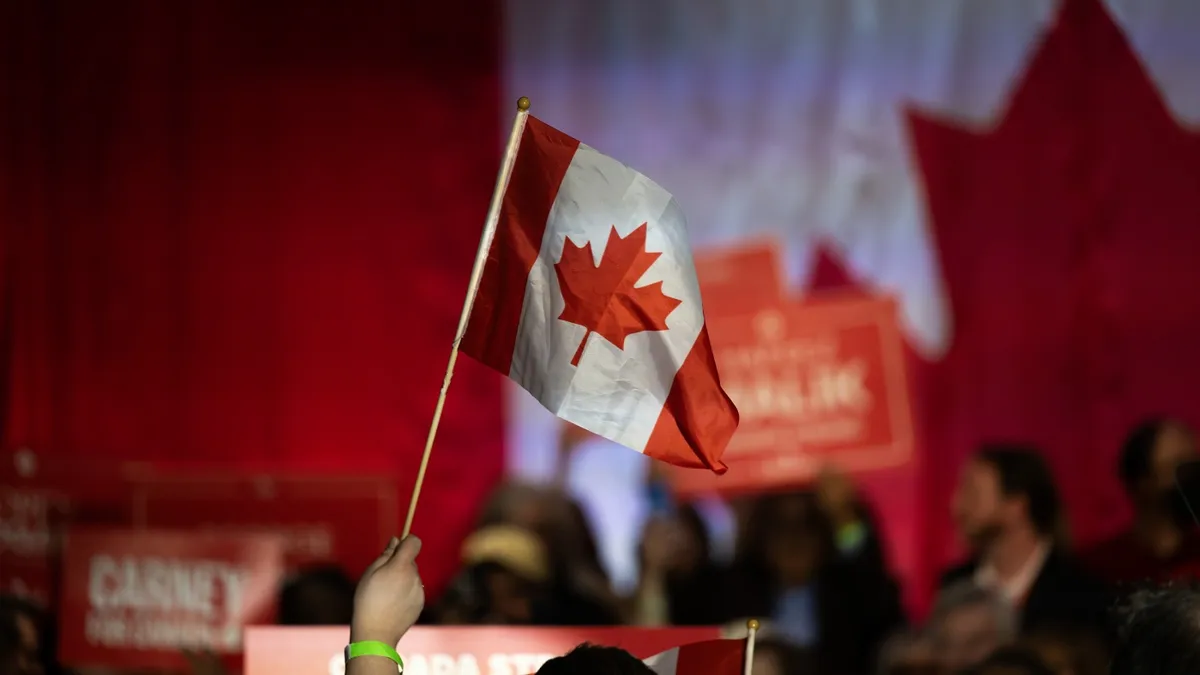
As 2023 unfolds, the political scene in Canada has taken a dramatic turn that few anticipated. At the beginning of the year, Pierre Poilievre, leader of the Conservative Party of Canada, seemed poised to become the next Prime Minister. After nearly a decade of Justin Trudeau leading the Liberal Party, both supporters and detractors were growing weary of Trudeau's leadership. However, a whirlwind of events, including Trudeau's resignation and the influence of Donald Trump, has shifted the electoral dynamics significantly.
In a rapid sequence of events, Donald Trump ascended to the presidency, issuing threats that jeopardized Canada's sovereignty by signing executive orders that imposed tariffs on imported Canadian goods. This move sent Canadian markets into a tailspin and dramatically altered the political landscape. The once-commanding 25-point lead the Conservatives enjoyed began to evaporate by mid-March, leading to a situation where the Liberal Party is now anticipated to secure a fourth consecutive term in office when Canadians head to the polls on Monday.
The election features four major political parties, including the New Democrats (NDP) led by Jagmeet Singh, and the Bloc Québécois led by Yves-François Blanchet. However, the contest has essentially narrowed down to a two-man race between Carney and Poilievre. Mark Carney, the Liberal candidate and former governor of both the Bank of Canada and the Bank of England, is a political novice but brings a wealth of experience from the banking sector. Many Canadians view his background as essential for effectively addressing the challenges posed by Trump.
David Coletto, CEO of Abacus Data, a Canadian polling firm, notes that Poilievre’s recent setbacks have inadvertently benefited Carney. Coletto states, “Mark Carney emerged at a moment when more Canadians were yearning for someone with his experience and demeanor.” Meanwhile, Poilievre, known for his sharp-tongued populist approach, has seen a decline in support as Trump's tariff threats materialize into reality.
This election is being viewed as one of the most pivotal in a generation, largely driven by the question of who can best confront Donald Trump. Will it be Carney from the Liberals or Poilievre from the Conservatives? The growing distrust between Ottawa and Washington complicates matters, as political scientist Jared Wesley from the University of Alberta points out, "I don’t think that the Canada-U.S. relationship will revert to its former state without a significant shift in leadership style.” Trump's rhetoric has reshaped the electoral discourse, with Canadian pride at an all-time high.
Canadians are united against Trump's perceived threats, including his mockery of Trudeau and his attempts to turn Canada into the 51st state. In response, a national movement has emerged encouraging Canadians to avoid purchasing American products, and many are canceling trips to the United States. First-time candidate Jessica Fancy-Landry running for the Liberals in Nova Scotia, encapsulates the sentiment surrounding this election, stating, “I don’t think that there has ever been an election that means more to Canada.”
Aside from Trump's influence, the election is also shaped by pressing issues like the cost of living and the national housing affordability crisis. Poilievre has garnered significant support among Gen Z voters, particularly concerning home ownership and economic stability. During a recent campaign rally in Nisku, Alberta, first-time voters Bentley and Teagan Reimer expressed their concerns about the current economic climate and the challenges of affording homes. Bentley remarked, “The economic climate right now is kind of going downhill; if there is anything we can do to change that and bring it back up.”
No matter which party emerges victorious on Monday, the necessity for national unity in addressing economic challenges will remain a top priority. Wesley emphasizes that national unity will be a critical issue for the Prime Minister, regardless of the election outcome.
In Canada's first-past-the-post electoral system, voters do not directly elect a Prime Minister. Instead, they cast their ballots for candidates representing various political parties in one of the country's 343 ridings—electoral districts. The leader of the political party that wins the most seats in the House of Commons subsequently becomes the Prime Minister. With Canada spanning six time zones, polling hours vary, but most polls close at 9:30 p.m. ET, with election results expected later that evening.